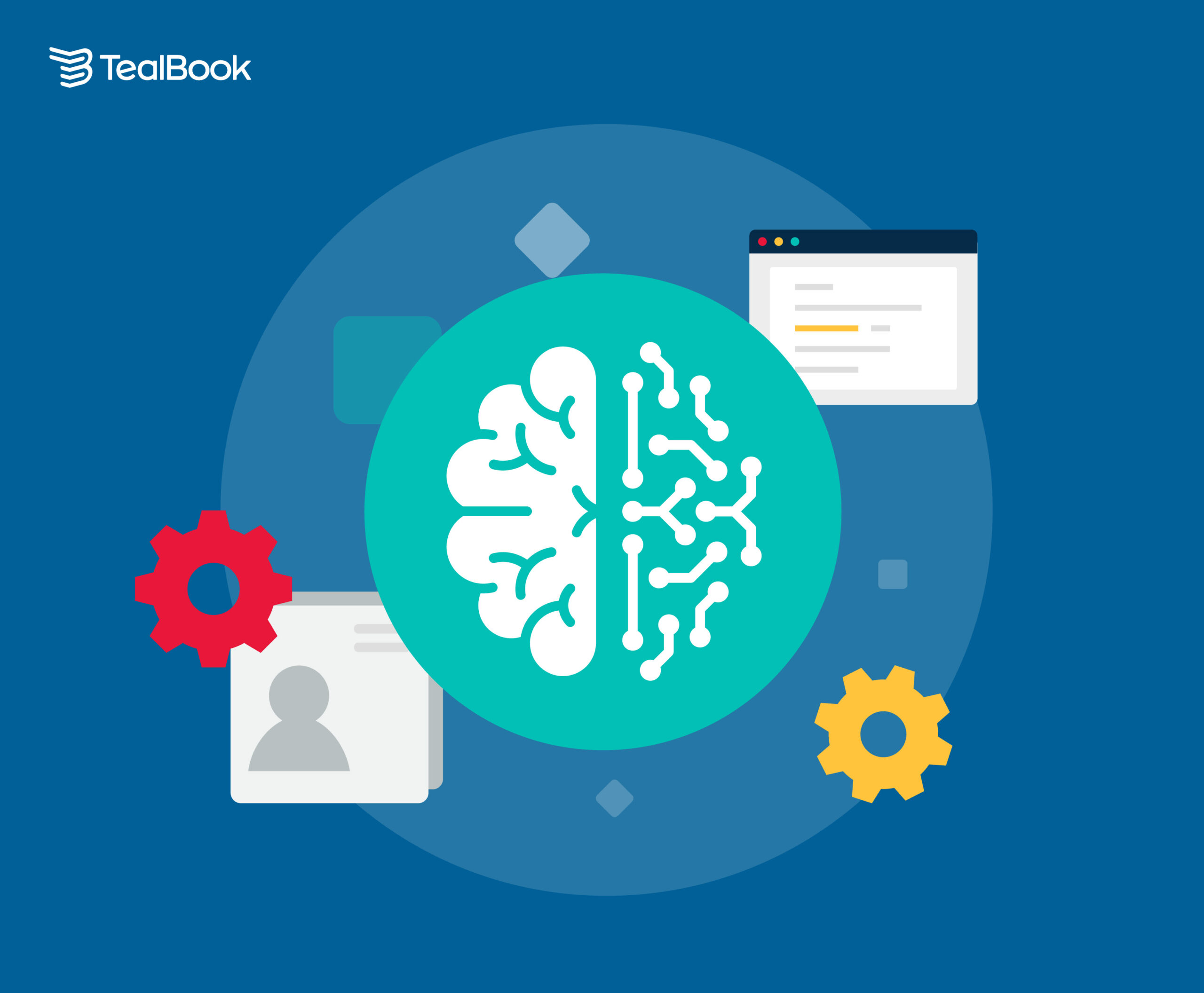Artificial intelligence (AI) and machine learning (ML) have revolutionized how every industry does business. Procurement — and ProcureTech — are no exception. Many companies have already deployed AI across the procurement lifecycle, most notably to improve the processes of spend analysis, contract management and strategic sourcing.
However, other procurement leaders have been slow to adopt AI-based technologies. Despite AI and ML’s proven benefits to procurement, Deloitte’s most recent chief procurement officer (CPO) survey found that robotic process automation (RPA) remains the technological focus area of many CPOs. Yet, interestingly, half of high-performing CPOs have deployed AI in their operations, compared to just 20% of other CPOs.
These numbers suggest that AI- and ML-based ProcureTech makes a critical difference in common OKRs like operational efficiency. But how? And what challenges will CPOs who deploy AI and ML face?
Challenges associated with AI and ML deployment
1. Data privacy
The procurement industry is beholden to several international laws governing how we collect, exchange and solicit data. These concerns affect every decision we make. Thus, selecting AI and ML systems that store data securely and comply with relevant data privacy regulations is essential. Leaders must also vet suppliers to ensure they comply with those same regulations.
2. Ethical considerations
Ethical considerations may come into play depending on the use case for AI. For example, if you’re deploying an AI-based supplier data platform, does your system prioritize identifying the cheapest supplier at the expense of small or sustainable suppliers? Or does your system also provide a platform to identify innovative, diverse suppliers? Remember, AI is only as valuable — and ethical — as the code on which it is trained.
3. Perceived lack of human oversight
While AI isn’t perfect, neither are its human administrators. Still, many procurement leaders fear the possibility of mishaps created by automation. The best way to circumvent these issues is to work with a thoroughly vetted AI partner. Ideally, they should provide around-the-clock service for troubleshooting or general questions.
Benefits of deploying AI and ML in your organization
1. Streamlining complicated processes
Consider the complexity of sourcing — just one step of the procurement journey. Diligent sourcing requires supplier identification, selection, negotiation and contract management, not to mention the relationship management accompanying each step. According to TealBook research, identifying and selecting a supplier takes about five weeks — a lengthy timeline often creating project delays, budget overruns and a failure to meet demand. For this reason, procurement leaders often have a small margin for error and very little time to achieve high-level initiatives.
AI and intelligent automation streamline complex processes like sourcing, freeing procurement leaders to focus on more strategic activities. For example, TealBook uses AI and ML to synthesize supplier data into one fully automated, always up-to-date platform. Clients can sort for suppliers of interest using precise criteria, including parts availability, privacy regulations, sustainability pledges and diversity requirements. Moreover, TealBook integrates with existing source-to-pay (S2P) processes and can even streamline the contract lifecycle management (CLM) process by prepopulating contract information for human review.
2. Cost reduction
ProcureTech equipped with ML offers leaders an additional advantage. As these systems learn and grow — say, by ingesting information about a supplier’s practices or adjusting to an organization’s procurement timeline — they tap into advanced analytics to provide insights and suggestions for improvement. These insights can reduce operational inefficiencies and costs if implemented correctly.
The upfront costs of AI adoption may dissuade some from considering deployment. However, it’s helpful for leaders to understand the long-term cost savings that AI and ML support. AI-based tools give leaders the tools necessary to make data-driven decisions, especially during economic uncertainty.
AI’s ability to streamline rote tasks also greatly benefits organizations experiencing labor shortages. Nearly 99% of procurement executives worry about the consequences of high employee turnover. Meanwhile, more than half (62%) of procurement professionals cite a heavy workload as a factor in their decision to switch industries. AI, ML and automation-based solutions reduce tedious workloads for existing employees and fulfill the virtual “shoes” of missing laborers, allowing organizations to hit their benchmarks, even during the hiring process.
3. Enabling business agility
Perhaps most importantly, AI and ML facilitate in-the-moment business decisions enabling organizations to over-perform during difficult times. Because AI-based solutions update in real-time, procurement leaders gain access to highly accurate information and can make faster business decisions. In comparison, manually updated data platforms are often inaccurate, leading buyers and suppliers down unnecessary rabbit holes. During economically stable times, these delays create frustration; during a downturn, they determine who sinks — and who swims.
For a relevant example of the business agility that AI enables, let’s return to our pandemic-era procurement environment. Unmanageable shipping bottlenecks forced many operations to pivot to innovative strategies like resource redirection. When long-standing suppliers faced parts shortages, the highest-performing procurement leaders shifted to identify new, high-quality parts to fulfill the same orders. Alternatively, they sourced with new suppliers.
These lightning-fast decisions only happen when procurement leaders can access accurate, timely data. And overwhelmingly, manual data platforms fail to provide this information. All procurement leaders cite benefits to an AI-backed data platform, according to TealBook research, with 41% citing limited disruption to customers as the top benefit to such platforms and 38% identifying cost reduction as their primary perk. Clearly, the only barrier to adopting AI is a paradigm shift.
Of course, we’re biased — at TealBook, we leverage AI and ML every day to facilitate smarter, faster procurement decisions. Ready to learn how TealBook can support your sourcing program and efforts? Click here to get started today.

